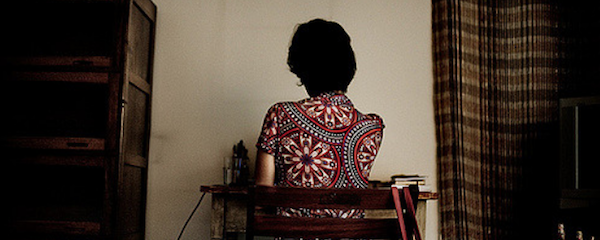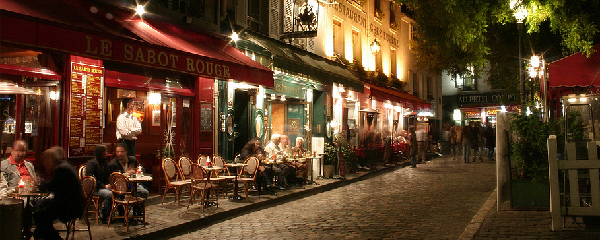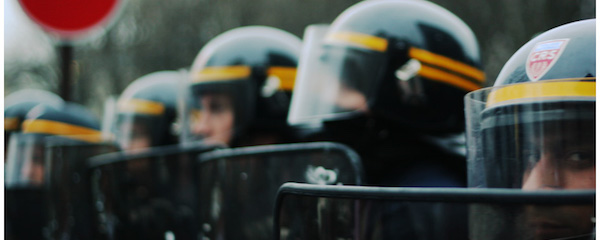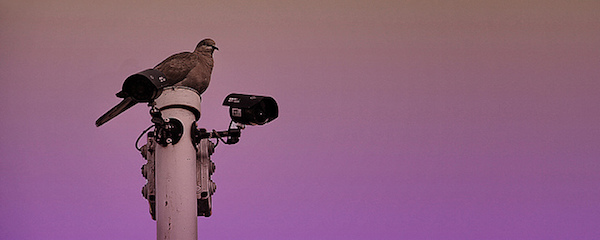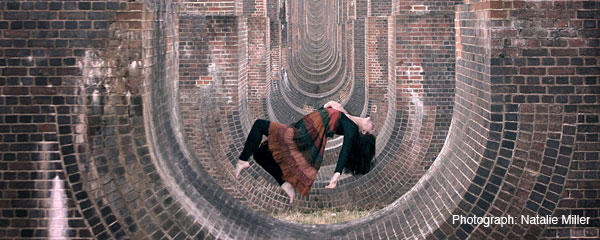As Halloween approaches, BRENDAN O’DEA delves into the pages of Irish Ghost Stories, edited by David Stuart Davies: ‘this anthology provokes in me a sense of pride for the Irish ghost story, and reminds me that there is something cathartic about a well-written story where the protagonist is completely transformed as a result of an encounter with a ghostly presence…’
DAVID BUTLER finds cruelty in the pages of Katherine Mansfield’s stories: ‘I would argue that Mansfield’s aesthetic is frequently more disquieting, even cruel – in the sense that her acquaintance D. H. Lawrence called Dostoevsky’s talent cruel…’
STORY: We are delighted to offer you ‘The Bearded Lady’, a short story in translation from Belgian author Annelies Verbeke: ‘Just as no one can combat the greying of the population by dying their hair, so Emmy Debeuckelaer could not keep her sorrow at bay by giving herself a good shave…’
SHORT STORY ADAPTATIONS: this month, Dr. CHRIS MACHELL looks at Annie Proulx’s short story, Brokeback Mountain: ‘Proulx’s describes the environment as a fundamentally masculine space where its value is measured in its utility rather than its beauty. In contrast, Lee’s visuals tend towards the romantic…’
JANIS LANE discovers the magic of Magic Realism on the streets of Montmartre, in the Marcel Aymé short story ‘The Man Who Could Walk Through Walls’: ‘The worlds Aymé creates are characterised by the familiar sights of town and country, where strange and unusual habitants exist alongside regular people who, in turn, often act absurdly. Storylines follow a straightforward narrative, but contain elements of the fantastic while also retaining a logical thread…’
NICOLE MANSOUR finds the power of protest in this Comma Press anthology: ‘In the twenty short stories that follow, the history of British protest is revealed through well-researched and historically accurate fiction, and this continuum, this flow between movements, is strikingly uncovered…’
STORY DISCUSSION: Author MARY O’DONNELL discusses the nature of speculative, futuristic fiction: ‘Writing short stories set in the future carries the exact same responsibility as writing short stories set in the present or past. The only difference is that one must convince the prospective reader that the world into which they’ve been invited has some relevance and possibility for them, that it catches a trigger-point of their imagination and allows them to consider such scenarios in all seriousness…’
Carmen Machado’s short story ‘The Husband Stitch’ evokes both physical and emotional responses for KATE JONES: ‘Even within her chosen title, Carmen Maria Machado sets a scene for a story which is bound to question, provoke and, if you are any sort of feminist, anger…’
JAQUELINE SAVILLE finds the weird and wonderful in two of Neil Gaiman’s short stories: ‘The detail of the everyday backdrop makes each story feel grounded in reality, there’s an emphasis on how mundane it all is – pension day, gardening, an imagined infidelity, the Yellow Pages – then the whole situation, and more importantly the reader’s expectations, get flipped by the introduction of one piece of weird…’
Following a ground-breaking period of publishing and support – both national and international – for the short story, it is with regret we must announce that THRESHOLDS will no longer be accepting submissions or publishing new content. The University of Chichester is proud to have supported this project and continues to value its significant resources and unique archive of materials about the short story form and its writers. Sadly, Thresholds will cease activity from 02 October 2018.


